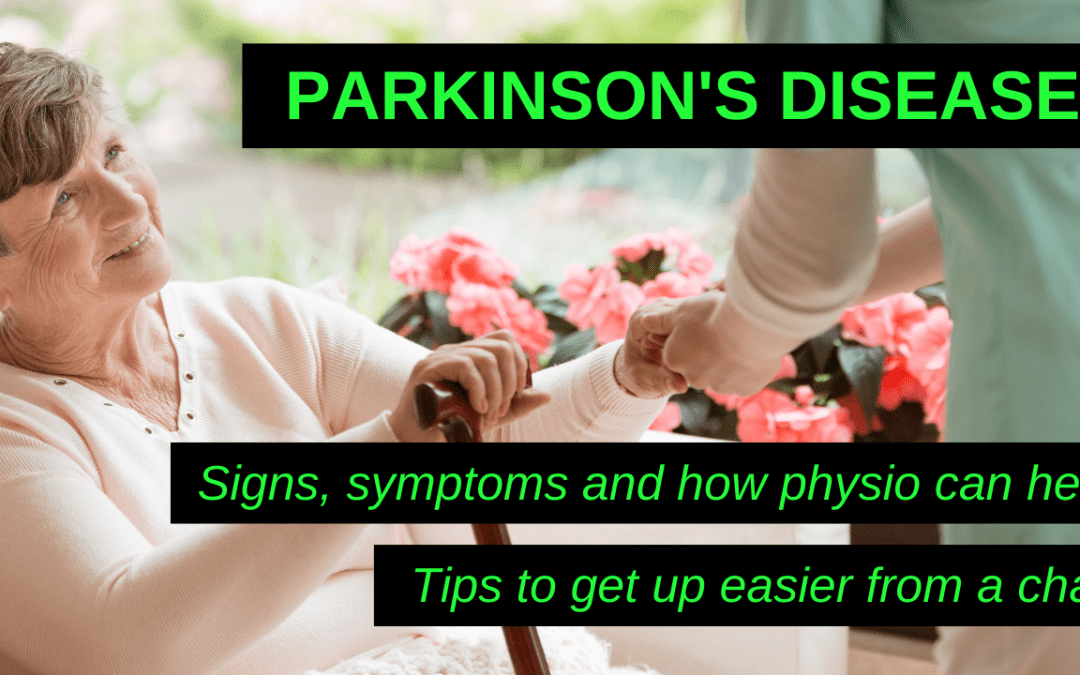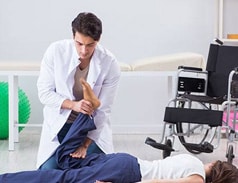Part One – Signs and symptoms and how physiotherapy can help
Do you or someone you know have Parkinson’s disease?
Hi, I’m Emily from Miami and Lakelands Physiotherapy and this week I’m here to talk about Parkinson’s disease.
Parkinson’s disease is a progressive nervous system disorder which affects movement. When you have Parkinson’s disease, dopamine – a neurotransmitter released in your brain – reduces in amount which causes changes to movement. Symptoms start gradually, sometimes starting with just a hand tremor in one hand.
As time goes on, people with Parkinson’s disease will develop muscle stiffness and slow movements, which will gradually change your posture and make balancing more difficult. Slow movements will cause difficulty with daily activities such as standing up, walking and increases your risk of falls.
Physiotherapy and exercise is an important part in maintaining your independence. At Miami and Lakelands Physiotherapy, we provide individualised supervised exercise programs suited to your lifestyle. We also help maintain range of motion and muscle length. We employ proven visual and auditory cues / cueing techniques which utilises different pathways in your brain to teach you how to perform daily activities.
There has been tons of research done on physiotherapy and Parkinson’s disease, all of which has proven that supervised exercise programs, regular maintenance of muscle length and range of motion as well as cues/cueing techniques will help you maintain your independence and lifestyle for longer.
Don’t wait to manage your Parkinson’s disease, a physiotherapy assessment and program using these techniques can help you to live the best quality of life possible. Click on our link to book an assessment with one of our physios and learn more about how we can help you maintain your independence and help you do what you want to do in your life.
Part Two – Tips to get up easier from a chair
Do you or someone you know have Parkinson’s disease and is finding it difficult to stand up from a chair?
A common problem that people with Parkinson’s will experience is difficulty moving.
As Parkinson’s disease progresses, your movements become smaller and slower without you noticing it. This will cause difficulty with daily movements, such as standing up, getting out of bed, or walking. Watch our video below to see an example of what it means to get up from a chair with difficulty and give you some tips of how to overcome it.
If you notice that you are having to try several times before getting off a chair like in the video, it is because you are not producing big enough movements which will reduce your momentum when standing up.
Here are 3 steps to follow when standing up from a chair.
- Before you try to stand up, shuffle forward in your chair until at least half your thigh is off the chair.
- Shuffle your feet back until your toes are behind your knees. If you are not sure if they are, check by looking down – you should not be able to see your toes.
- Lean forwards until your nose is over your toes and at the same time, push off with your legs and stand up.
It is also easier to get up from higher chairs rather than lower chairs. Try practicing this action over and over in front of a mirror or with someone watching you to give you feedback. Then progress to practicing without a mirror so that you will be able to use these steps anywhere!
If this is something that you have been finding difficult, book in with our physios at Miami and Lakelands Physiotherapy and we will provide you with a thorough assessment to help you get moving.


